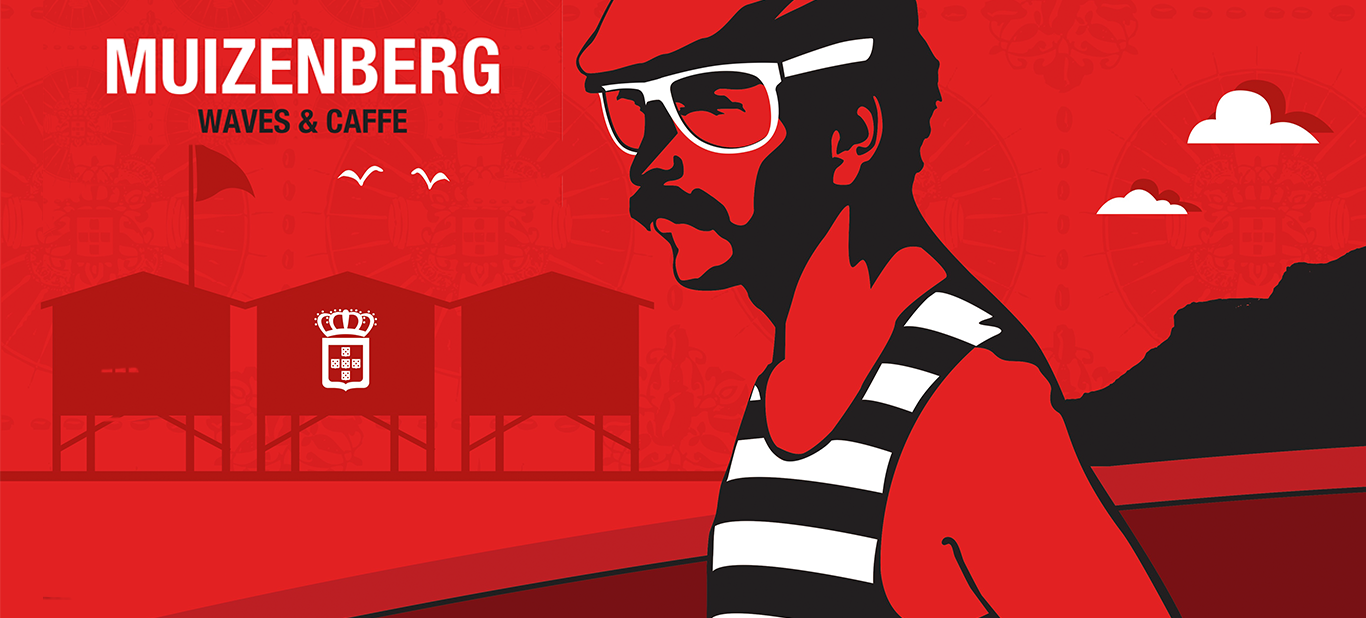
"How do you know when your child is ready to start surfing? There is no right or wrong time to start. It is a good idea to create a general water awareness and get comfortable being in the ocean before learning to surf. If you are comfortable in the ocean yourself there are a few easy step to take making the introduction to the ocean and surfing very easy.
Look at how your child responds to playing in water in general. At home, the shower, in a the bath, are they comfortable in water?
Bear in mind just because most kids don't like washing their hair doesn't mean they won't want to surf. Our son really doesn't enjoy wetting his face and ears but loves the ocean. It just means when going into the waves I am always more careful to keep splashing to a minimum and he is more inclined to enjoy the experience.
Be mindful about your reactions. Are you afraid of the ocean? How do you usually respond if your child takes a tumble? It is unlikely to happen in the ocean but your response verbally and body language will be associated with the ocean and the activity.
Heading to the beach, be prepared for everything. Pack the swim nappies, swim shorts, rash vest, tee shirt, wetsuit. Pack the bodyboard, bucket and spade, and surfboard. Then take a step back and see what they gravitate to. Our son loves surfing but it's a 50/50 on getting the wetsuit on when we go surfing. Some days he will say lets go surfing mommy and other days let's make sandcastles. That's okay as you never want to force an activity on them. We use that time to jump over waves in the shallows playing and learning about waves.
When ready to hop on the surfboard start out on a foam board. It's a good idea to start on a board slightly longer as you are then able to ride along stabilizing the board from the back while riding the wave. Choose waves that have enough power to carry you both but nothing too turbulent to give them a scare.
It's always a great idea to use others as an example. Show them others around you that are catching and riding waves. Always maintain physical contact, keeping one hand on your little one at all times. This makes them feel safe knowing you are there and for safety sake itself. Never lose sight of your child when on the beach or in the water.
Teach your child to have a healthy love and respect for waves and the unpredictable nature of the ocean.
